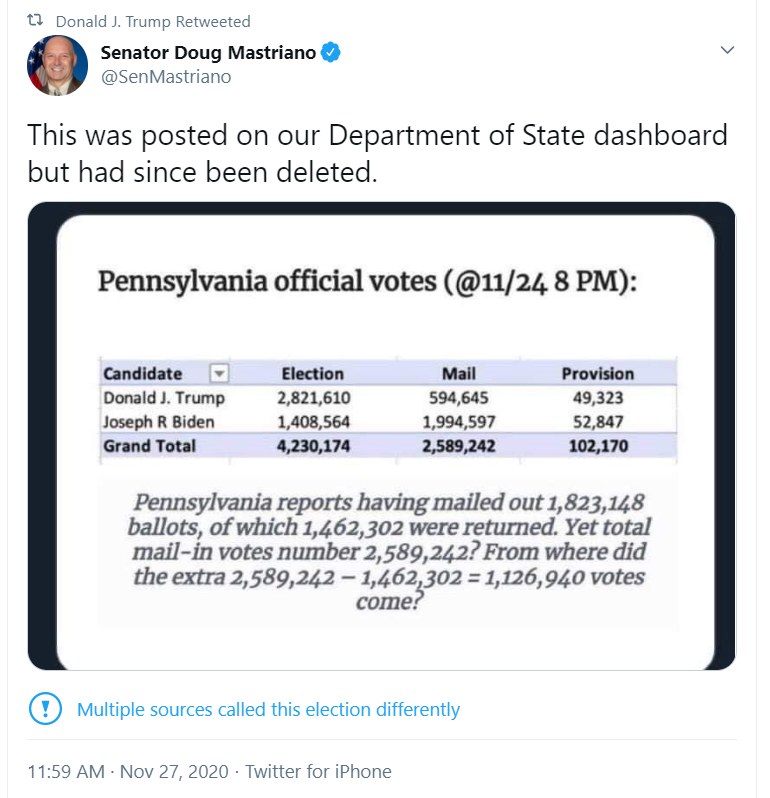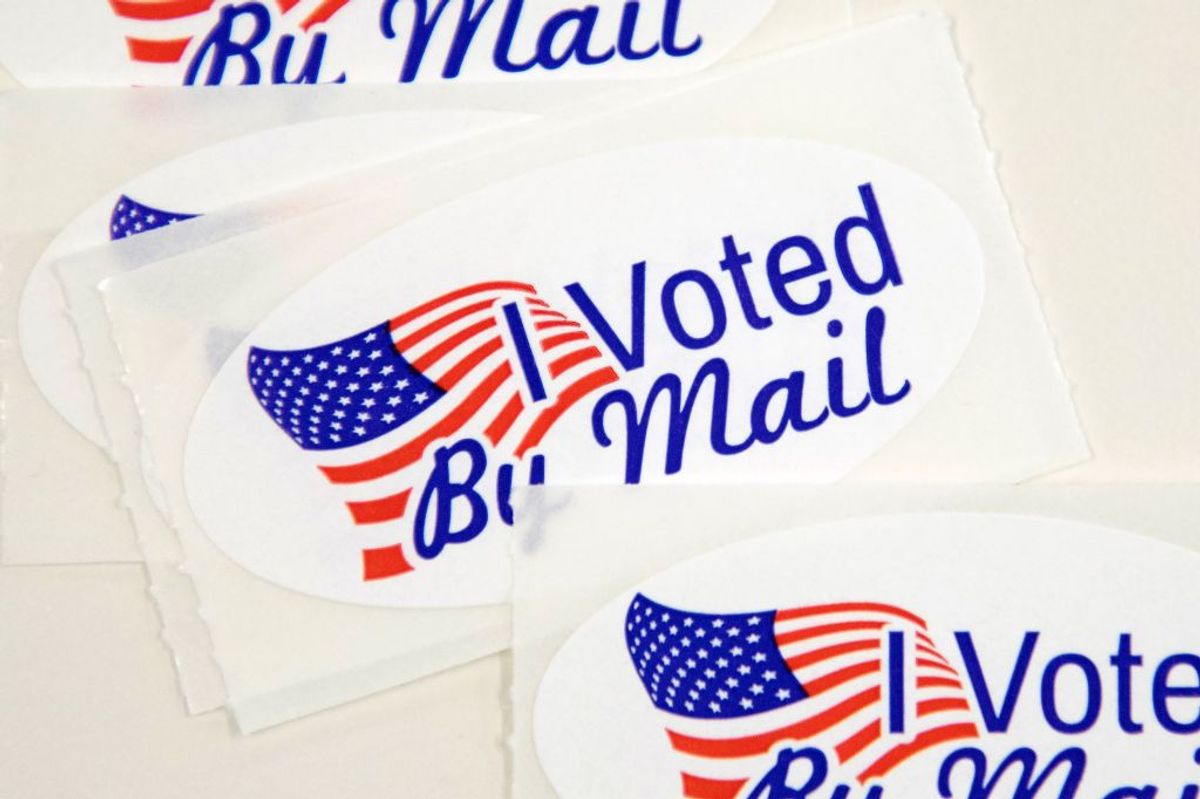PA Legislature Plans to Take Back Power to Send Electors to Electoral College
If the governor of that state won't do his job, the state legislature will... Checkmate Liberals


 twpundit.com
twpundit.com
...and Trump wins 2020!!!!

If the governor of that state won't do his job, the state legislature will... Checkmate Liberals

PA Legislature Plans to Take Back Power to Send Electors to Electoral College | The Washington Pundit
Pennsylvania's legislature will begin the process to reclaim it's power under the Constitution to appoint the state's electors to the Electoral College. According to Senator Doug Mastriano…
...and Trump wins 2020!!!!






